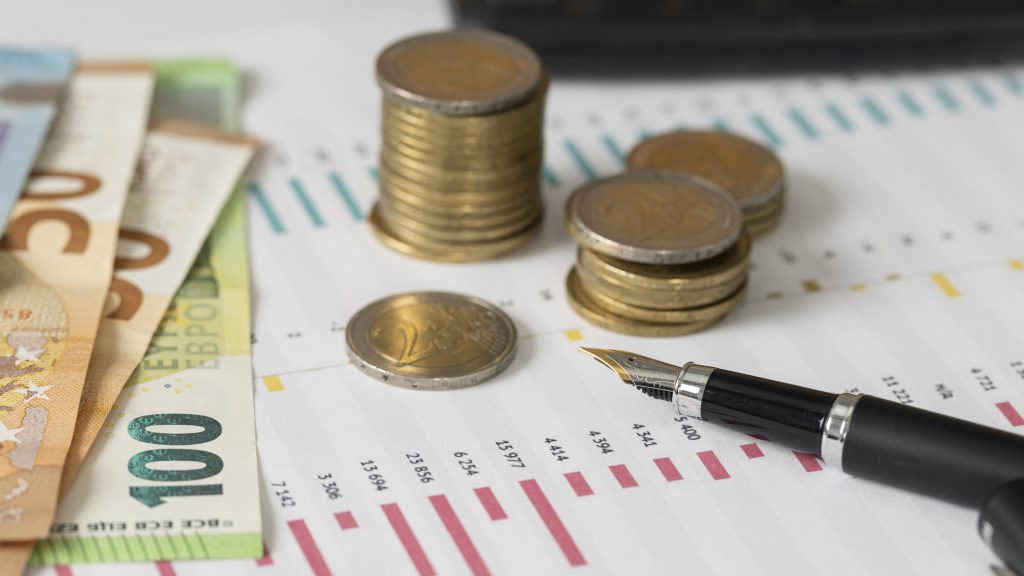It is once again that time of the year – bonus season.
Receiving your annual bonus at a time when there are sales in every corner might tempt you to start spending all that extra cash. Sure, your bonus is a treat, and you can use it to splurge on something you enjoy. But don’t forget to also you use your bonus to secure your financial future. Future you will thank you for it!
Here are some things you can do with your bonus to ensure that you’re financially secure and moving towards your financial goals.
1. Pay Off Debt
“Debt is like any other trap, easy enough to get into, but hard enough to get out of.” – Josh Billings
To begin, set aside a portion of your bonus to pay off any outstanding debt you may have. Credit card debts carry the highest interest rates, so start with paying that off first.
Debts might cost you hundreds or thousands of dollars in interest payments each year and if you allocate a chunk of your bonus to these payments, you are reducing the amount of interest you’ll be paying over time.
If you don’t enjoy having student or personal loans looming over your head, it’s a good idea to put whatever money you have left from your bonus toward paying them off as quickly as possible so you can start working towards your financial goals.
Prompt debt repayment will also improve your credit score. A better credit score will benefit you, especially if you need any financial assistance from financial institutions in the future.
2. Top Up Your Emergency Fund
It is never a bad idea to add more money into your emergency funds. Unexpected circumstances can fall upon us at any time, and you want to make sure you are financially equipped to handle those emergencies.
Have approximately three to six months’ worth of monthly expenses stashed away. This number will vary based on your financial obligations, bills and living expenses.
The financial stress that often comes with emergencies can be alleviated by accumulating enough money to pay for these unanticipated situations. You will sigh in relief when you have enough cash to fork out for emergencies instead of losing sleep over finding ways to raise funds.
So, make sure to put some of your bonus towards building or expanding your emergency fund. You should also store these funds in a highly liquid account, such as a basic savings account to ensure easy access should you need the money.
3. Increase Your Retirement Savings
The earlier you begin saving for retirement, the easier it will be to meet your retirement objectives. Just thinking about not having enough money to live out your retirement years can be stressful.
Set aside some amount from your annual bonus into your retirement savings. Like your emergency fund, this amount varies based on the individual. In order to determine how much you would need in retirement, you must first know how much your monthly expenses are.
You would then need to save up the amount based on these few factors:
- Retirement age – When you would like to retire
- Lifestyle – The kind of lifestyle you would want to live during retirement
- Inflation – The price of goods and services will go up over time thanks to inflation, so consider this when deciding on an amount
Even if you started saving late or have yet to start saving for retirement, remember that you are not alone. The actions you take now, such as allocating some of your annual bonus towards retirement, can make a difference in the long run.
4. Boost Your Short-term Savings and Long-term Investments
Allocating a portion of your annual bonus towards savings and investments is a great way to let the extra money work harder for you.
People tend to think that savings and investments are the same thing. However, they are not.
Savings refers to the portion of your income that you put away in a low-interest account to use for short-term goals such as paying for a holiday.
On the other hand, investing is when you put your money to work for you by purchasing financial instruments or goods such as stocks, bonds, units, real estate, and even term deposits, for your long-term goals such as retirement.
You earn more money from your investments thanks to compound interest. So, when you receive your annual bonus, consider placing some of it towards an investment of your choice.
5. Set Some Money Aside To Treat Yourself
A bonus is a reward for a job well done, and now is the time to take advantage of it.
Take a little chunk from the total amount received and spend it on whatever you like. It may be purchasing something that has been sitting on your wish list for a while or enjoying the experience at a fine-dining restaurant or giving back to the community.
Treat yourself and others to whatever you want so that working hard for the next bonus is always a pleasurable and gratifying experience.
Wrapping It Up
Many employees will start receiving bonus cheques in the coming weeks. While many individuals have expected this financial windfall, far too many have no clear strategy for how to save, invest, or spend it.
There is no harm in spending the money by treating yourself to a little something but keep in mind that taking care of your financial goals to ensure financial security for the future is one of the best ways to look out for yourself.
While everyone’s aspirations are different, the majority of us want to be financially self-sufficient and live a happy existence. You have worked hard to earn this money, let the money work hard for you too!
Share what you've learned
You may also enjoy

Different Styles of Investing

ESG vs SRI Investing



